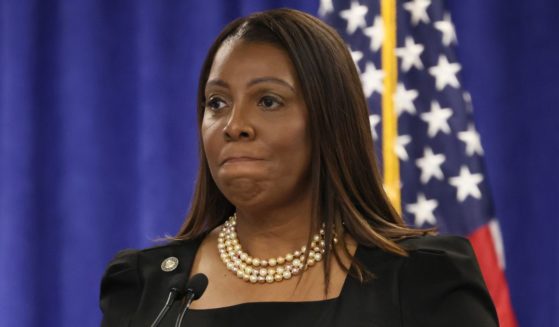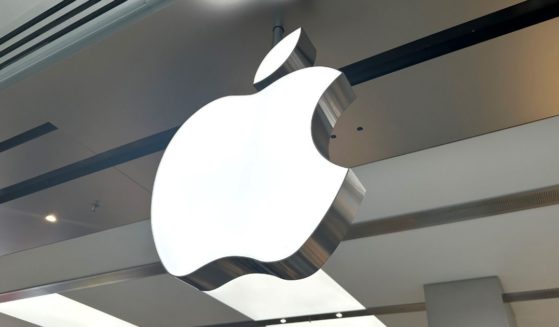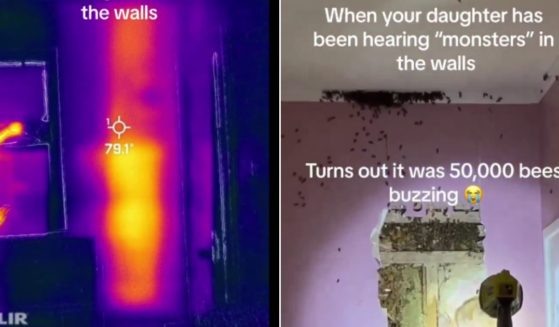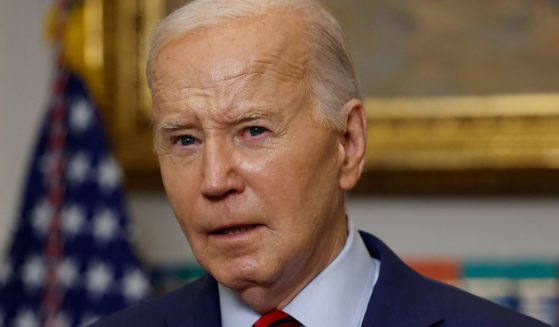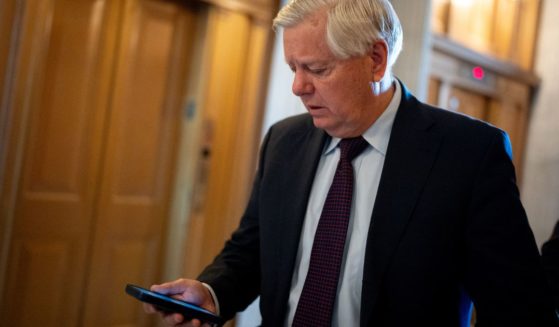Japan Enacts New Law Targeting Church
Japan’s parliament on Saturday enacted a law to restrict malicious donation solicitations by religious and other groups, a measure that mainly targets the Unification Church, whose fundraising tactics and cozy ties with the governing party caused public outrage.
The South Korean-based religious group’s decades-long ties with Japan’s governing Liberal Democratic Party surfaced after the July assassination of former leader Shinzo Abe.
Prime Minister Fumio Kishida, whose support ratings tumbled, sought to calm public fury over his handling of the scandal and has replaced three Cabinet ministers — one over his church ties, another over a capital punishment gaffe, and a third over political funding problems.
The new law, approved at this year’s closing parliamentary session, allows believers, other donors and their families to seek the return of their money and prohibits religious groups and other organizations from soliciting funds by coercion, threats or linking donations to spiritual salvation.
Kishida, who has heard former adherents’ experiences, described their sufferings as “ghastly” and praised the law as a bipartisan effort to help the victims and their families.
The law’s passage was one of Kishida’s top priorities that also include Japan’s new national security strategy and defense policy to achieve a substantial buildup of its military over the next five years.
Kishida, who earlier this week set five-year defense spending targets of 43 trillion yen ($316 billion), said his government will need an extra 4 trillion yen ($30 billion) annually. Of that, a quarter will have to be funded through tax increases, he said.
On Saturday, Kishida said Japan needs to continue reinforcing military power beyond the next five years. He said a planned tax increase will be gradual from 2024 and that income tax won’t be raised. He said he was against issuing government bonds to cover the defense increase.
“We must secure the source of funding to reinforce our defense power for our future,” Kishida said. “To do so is our responsibility for the future generations.”
A revised national security strategy, which is expected to be released later this month, would allow Japan to develop a preemptive strike capability and deploy long-range missiles. It marks a major and contentious shift away from Japan’s self-defense-only policy adopted after that nation’s World War II defeat in 1945.
“Our ongoing project will involve a major change to our national security and finance policies,” Kishida said.
The suspect who fatally shot Abe at an outdoor campaign rally in July told police he targeted the former prime minister because of his links to the Unification Church. A letter and social media postings attributed to the suspect said large donations by his mother to the church bankrupted his family and ruined his life.
A police investigation led to revelations of widespread ties between the church and members of the governing party over shared interests in anti-communist and conservative causes.
The case also shed light on the suffering of children of church followers, including some who say they were forced to join the church or were left in poverty or neglected by their parents’ devotion. Many critics consider the church to be a cult because of financial and mental hardships experienced by followers and their families.
The Education Ministry, which is in charge of religious issues, formally started an investigation into the Unification Church. It could lead to a court decision revoking the group’s legal status, though the church still can continue its religious activity.
The Health and Welfare Ministry is separately investigating questionable adoptions involving hundreds of children among church followers.
The Unification Church, founded in South Korea in 1954 by Sun Myung Moon, obtained legal status as a religious organization in Japan in 1968 amid an anti-communist movement supported by Abe’s grandfather, former Prime Minister Nobusuke Kishi.
Since the 1980s, the church has faced accusations of devious business and recruitment tactics, including brainwashing members into making huge donations to Moon, often ruining their finances and families.
The group has acknowledged cases of “excessive” donations but said the problem has been mitigated for more than a decade. The group also recently pledged further reforms.
The Western Journal has reviewed this Associated Press story and may have altered it prior to publication to ensure that it meets our editorial standards.
Truth and Accuracy
We are committed to truth and accuracy in all of our journalism. Read our editorial standards.



